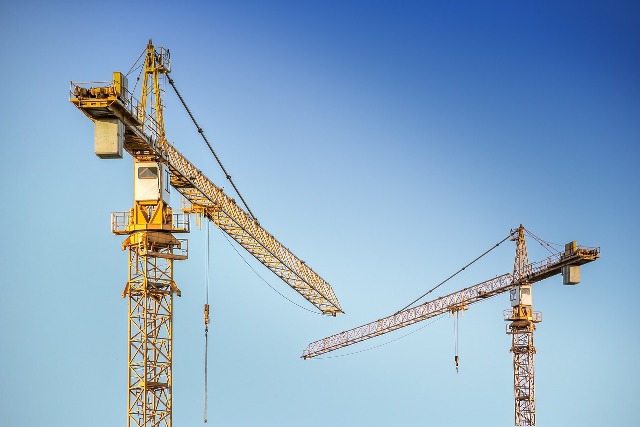Top Companies in India Push Internal Carbon Pricing
Related Articles
Trump Comments on Future Iranian Leadership Following Khamenei Assassination
On Tuesday, US President Donald Trump stated that "most of the people we had in mind are dead" when discussing potential successors to Iran's...
A Unique Celebration: Masaan Holi at Manikarnika Ghat
In the heart of Kashi, Masaan Holi, also referred to as Bhasma Holi or Smashan Holi, transforms the conventional spirit of the festival into...
राज्यसभा चुनाव: JDU में रामनाथ ठाकुर का नाम फाइनल, क्या मिलेगी निशांत को जगह?
JDU में सस्पेंस जारी, आज शाम का इंतज़ार
जेडीयू के राज्यसभा प्रत्याशियों की घोषणा में अभी भी सस्पेंस बरकरार है। रिपोर्ट्स में कहा जा रहा...


